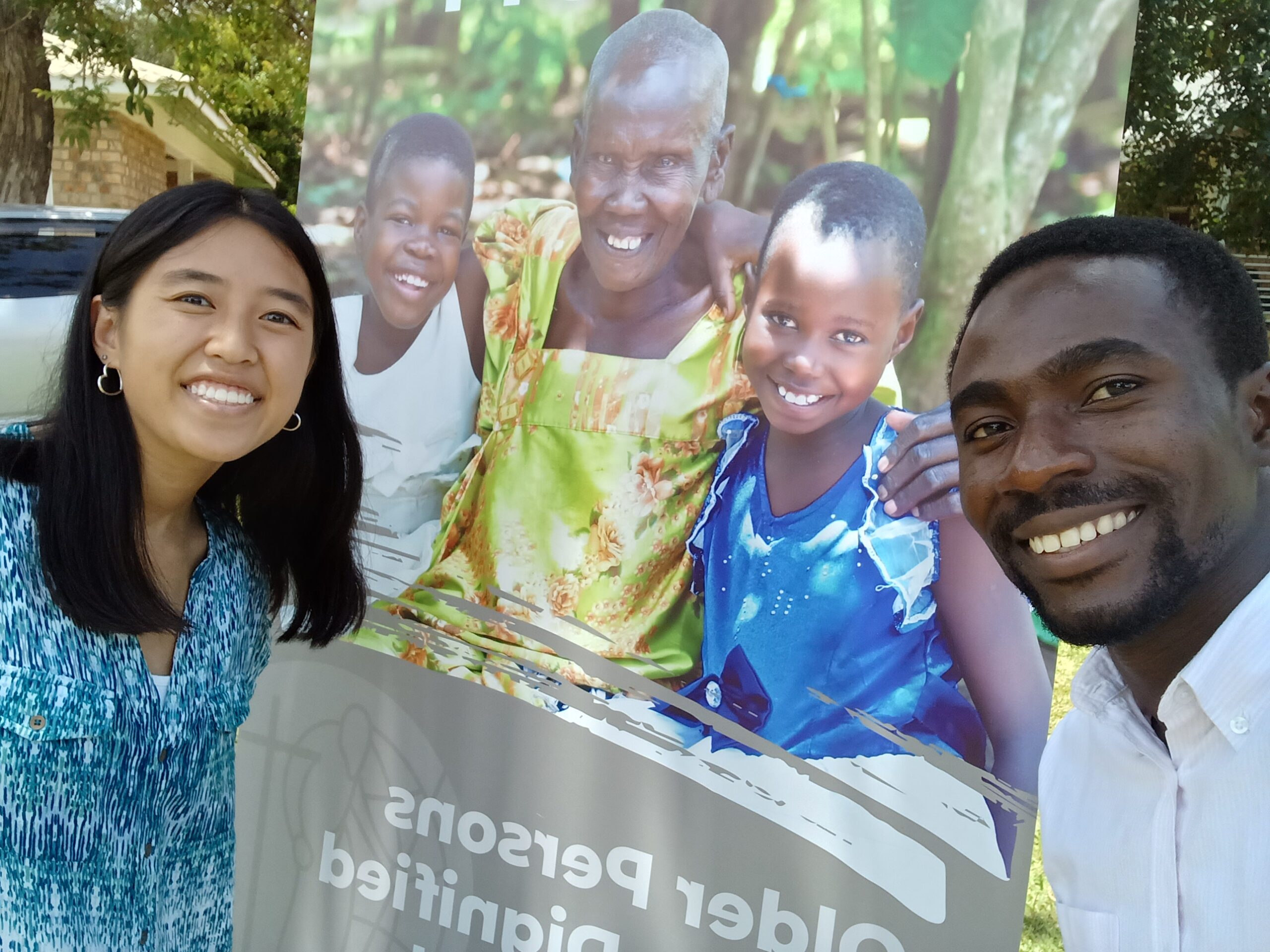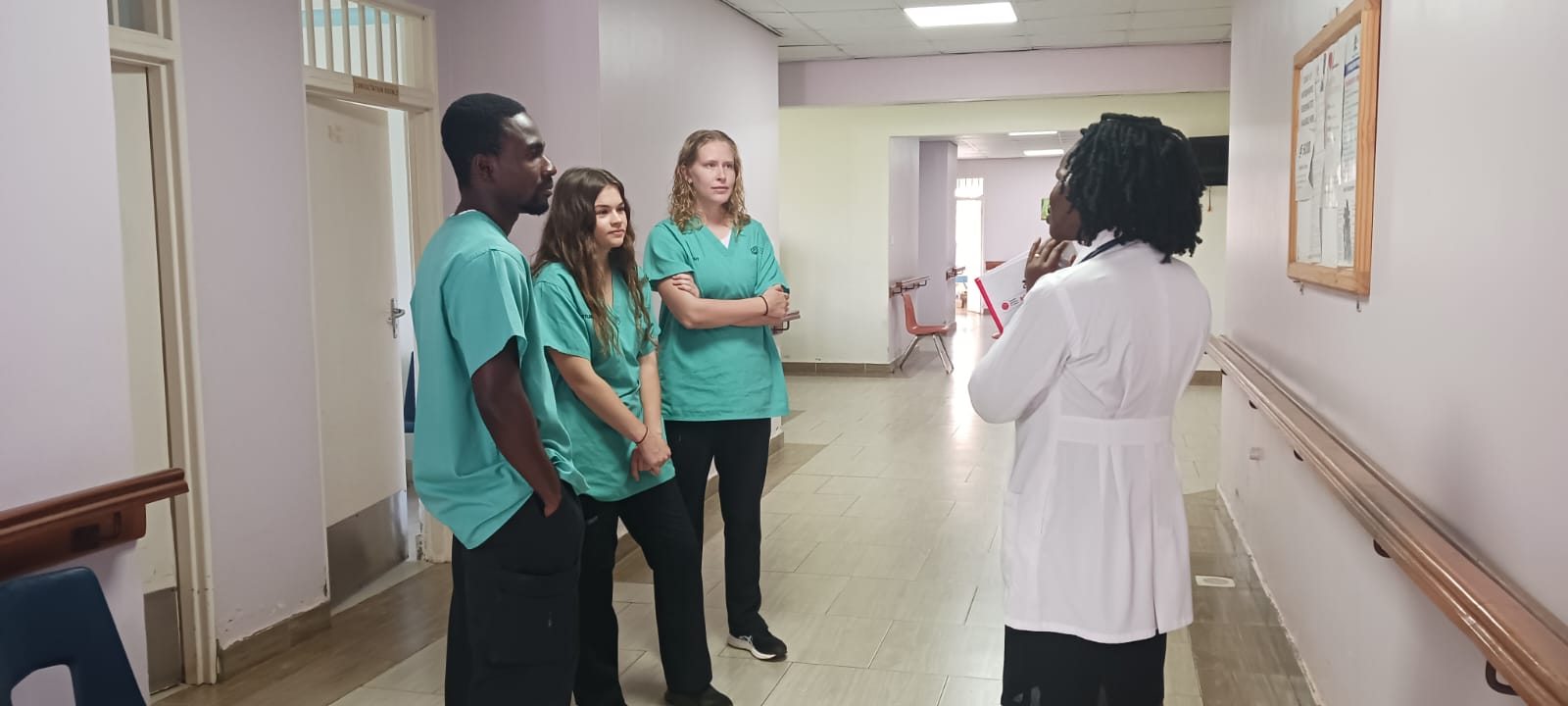
Going Back to Jajja’s Story: Isaac Kyeremateng, Uganda (Week 14, Post 14)
In a recent post, I shared an experience about how an interaction with one of the Jajja’s (Luganda word for senior/grandparent) at my practicum site, Reach One Touch One Ministries (ROTOM), made me feel. I described the incident extensively in my post titled, No Mere Greeting. In summary, a Jajja had come in for a visit. Upon arrival, our eyes locked. I attempted to acknowledge her, but for some reason, the little Luganda I had learned vanished. I watched as she expressed her surprise and dissatisfaction that I could not speak Luganda. If I were in her shoes, I would assume that I speak Luganda too based on my appearance. From conversations with students on campus, I am told that I can easily be seen as a Ugandan. During that time, I could remember the embarrassment and desire to speak Luganda just so I could understand Jajja. If anything, I wanted to avoid such embarrassment in the future. I had the opportunity to reflect on this incident again this time with my program director. She helped me make a deeper connection in the form of a question. The question posed is: how can one relate to a stranger or a complete other?
Initially, I did not put much thought into the fact that it takes quite a skill to connect to people. Forming human connections is not always easy when language is a common denominator, let alone when language is a barrier. But how does one connect when there is no apparent common denominator? With my incident with Jajja, I initially felt like there was no common denominator. She is old, I am young. She speaks Luganda fluently; I barely speak Luganda. But interestingly, after reflecting on the question, I found that the very thing that caused the embarrassment– the fact that we’re both experiencing something new – is the one thing that could have leveled the ground. It was probably her first time seeing someone like me. Had I had the awareness, I could have asked further through the help of my preceptor about why she had a disgruntled look. I could have asked if she had met any non-Ugandan African before. I probably would have learned more about Jajja that way, about her experiences and much more. But importantly, a connection would have been formed between two people who do not have much in common but have much in common.
As an aspiring physician, the reality is that many of my patients will initially be strangers, but each new patient will first and foremost be a unique person with a unique background. An opportunity to form a connection that will make a significant contribution to their care. From this incident, I am learning to not allow the initial discomfort of meeting the other to unnerve or disarm me, rather I can lean further into the awkwardness. It may be humorous to one party. I may even look odd, but for the sake of reaching out and learning from the other, the laughs and oddity are worthwhile.
*Image 1 Caption (Beth Merritt, Left; Isaac Kyeremateng, right: At ROTOM Annual Business Meeting.)
*Image 2 Caption (Isaac Kyeremateng, Kayla Russell, Lauren Thrush, and Dr. Marrion Khwaka (MBChB) are pictured from left to right. Discussion before morning ward rounds.)

